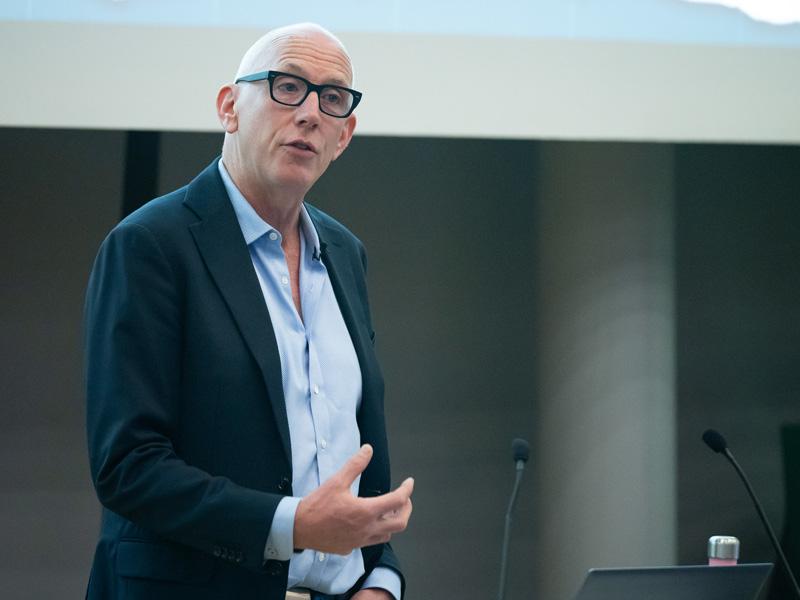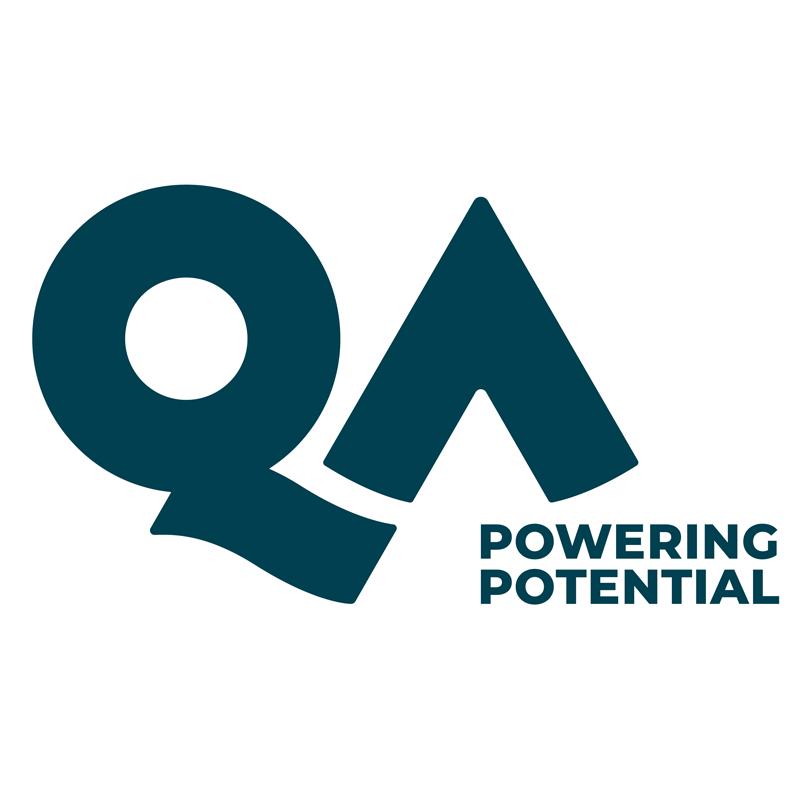
How universities can use, showcase and harness AI amid sector turbulence

People, place and partnerships are three core strands underpinning many university ambitions. In the context of digital innovation, however, these all have new meanings and significance. Despite this shift, they remain central to the innovation process, particularly within the turbulent landscape of technological disruption, evolving employment demands and shifting political priorities that currently impact higher education.
A radical transformation of the sector is underway – and it is unstoppable. This is creating a host of opportunities for a more inclusive future but the challenges around digital innovation should not be dismissed.
“Higher education institutions and their employees in the UK are facing frozen domestic fees and restrictions on the number of international students they can recruit,” explained Simon Nelson, CEO of QA Higher Education, a company that empowers universities and students to achieve their ambitions. “In the face of these major financial threats, who has time or money to invest in digital or drive innovation?”
The sheer pace of technological change, exacerbated by AI, is also creating difficulties. This is breaking down some of the traditional protective barriers that have shielded higher education from the radical restructuring brought about by the internet in other sectors. “The best anyone can hope to achieve is a sense of informed bewilderment,” Nelson admitted.
In education, much of the focus has been on the potential downsides of AI for teaching and assessment, such as AI-supported plagiarism. At the same time, AI is causing massive disruption to labour markets, with the technology threatening to undermine entire industries. However, it’s essential to remember that it could also solve problems for educators around workloads and teacher shortages.
“For me, the best approach has always been to take a longer-term perspective on what’s happening,” Nelson said. “The political and regulatory antipathy towards non-traditional students is a symptom of both the demand for and scarcity of high-quality education with the potential to unlock better employment and a better life. The only way to meet this demand is to use technology to enable scale and bridge the physical, social and economic divides that have been perpetuated by the sector traditionally.”
The technological opportunities arising from AI represent a remarkable chance for institutions to change how they teach, assess and support students. Anything that makes knowledge and skills more accessible must be viewed as a positive, but it remains difficult to apply it to a university’s own unique context. This is something that QA Higher Education is working hard to resolve.
“We are aligning with three key pillars,” said Nikki Drake, chief technology officer at QA Higher Education. “These are experience transformation, operational transformation and data transformation. We are harnessing our collective expertise, launching a course companion service that offers smart recommendations – assisted by generative AI – and provides a tool for students to gather and store evidence of their employability. The service even creates a CV for students.”
While digital solutions, including those that leverage AI, present challenges to the higher education space, this shouldn’t take away from the opportunities available. “In terms of practical next steps, I believe it’s all about finding the space for ourselves and our organisations to use, showcase and harness AI,” Nelson said. “This comes with three recommendations: invest in a generative AI experience, start harnessing the technology in the easier use cases, and try to promote a culture of experimentation throughout your organisation.”
The panel:
- Simon Nelson, CEO, QA Higher Education
- Nikki Drake, chief technology officer, QA Higher Education

